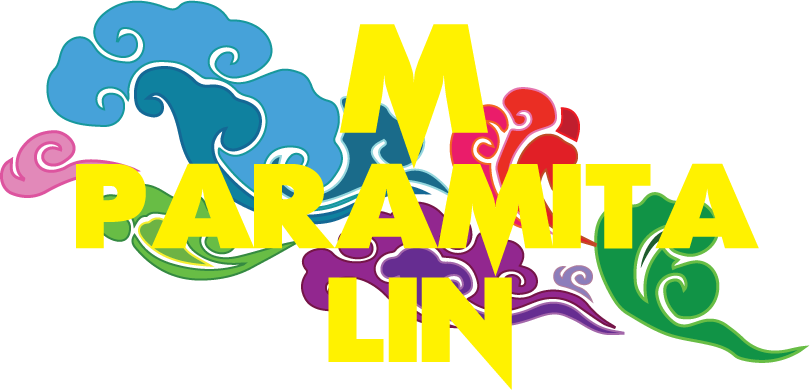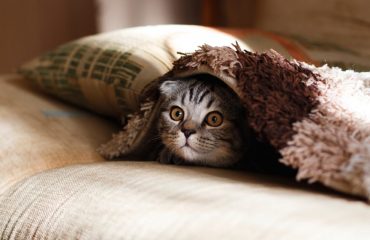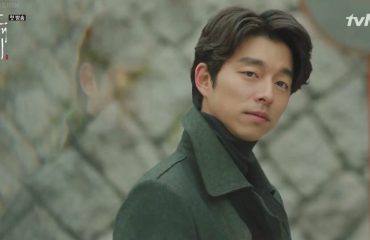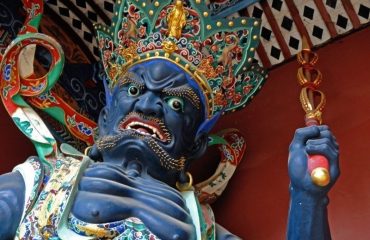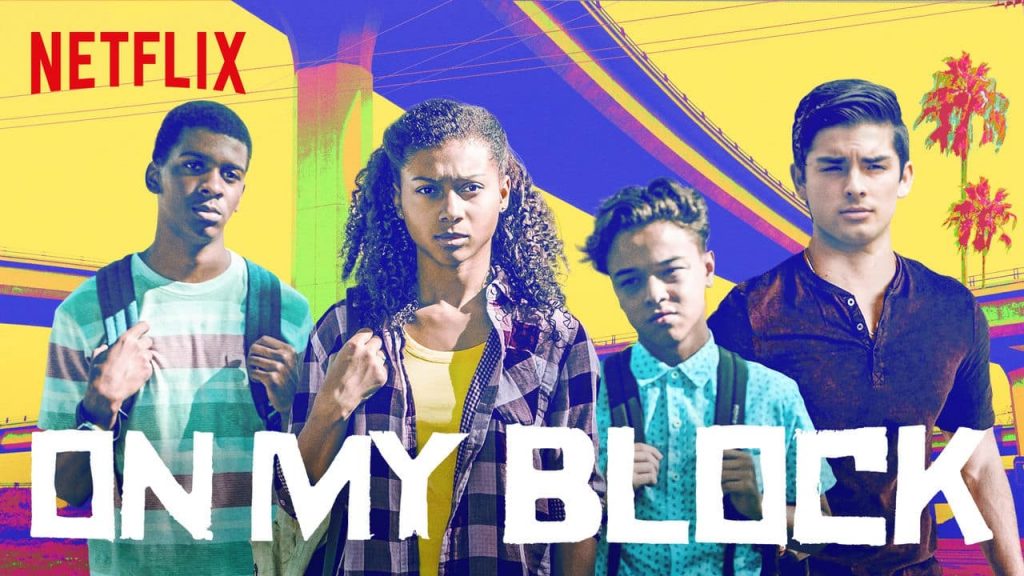
It is really difficult for me to believe that a show as charming and fun as On My Block isn’t getting the kind of attention that other shows like, say, 13 Reasons Why, are. Actually it’s not that difficult to believe (ahem, ‘cism) but it’s very disappointing that this show and its cast aren’t hugely popular.
The series is centred on a group of four friends growing up in a gang-damaged Los Angeles neighbourhood called Freeridge, and it follows them as they navigate relationships, family, peers, and the perils of living in their neighbourhood. The cast is almost all black and/or Latinx, and it says a lot that a middle-aged Asian like me found so much more authenticity and representation in this series than any other North American film or series that’s supposed to represent Asian experiences.
It’s the same feeling I got when I watched Into the Spiderverse–Miles Morales lives a life where his culture and identity are just taken for granted, and there’s no weird and pointless comparisons between his culture and white culture. Really, aren’t Asian Americans tired of the narrative that keeps being repeated in American pop culture: East versus West, not fitting into either Asian or white culture, “traditional” parents not accepting white spouses, and so on?
Not that these aren’t actual things that happen, but the Asian experience is so much more that that, it contains multitudes. What makes On My Block and Into the Spiderverse feel like they represent my experiences, and the experiences of my friends, is that the stories are set within a culture that feel authentic because they don’t need to be contrasted to another one. Like Miles Morales, the kids in On My Block toggle between Spanish and English fluidly, their experiences aren’t the experiences of white people. But they’re not Othered, and their lives are portrayed as something that is a given and ordinary. It’s this comfort with culture and identity that makes the series so comfortable to me. It has the conviction of its own reality, that it’s a narrative that matters on its own.
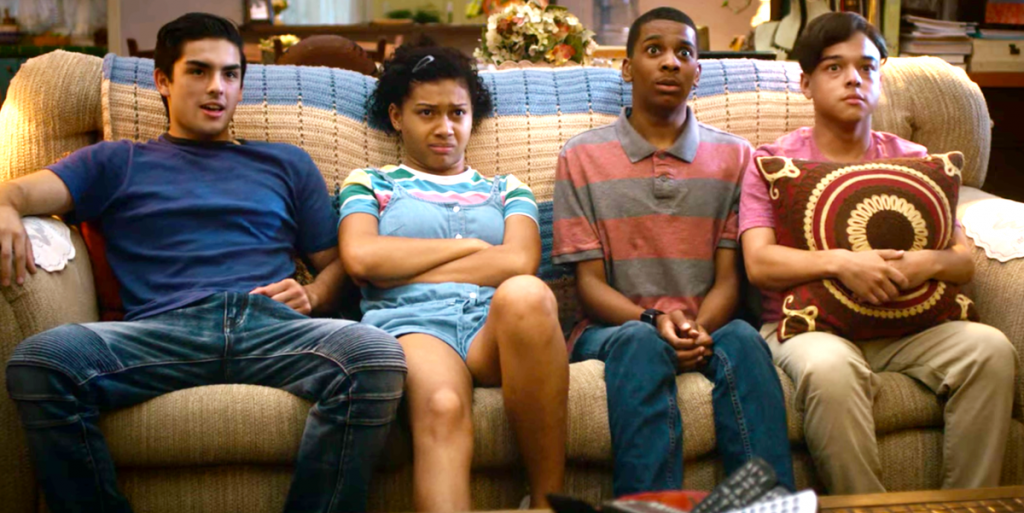
And it’s not just a diversity nod, either, the way some stories put in characters who are POC but more or less give them a white character’s storyline. That’s not diversity, that’s erasure by assuming that white experiences are the de facto experiences.
Good writers and editors will tell you that it’s specificity that makes a narrative universal. Hamlet is a universal story about Oedipal urges, daddy issues, and fuckbois (seriously, look at how Hamlet treats Ophelia. All he’s missing is a Supreme sweatband) despite being a very Tudor play ostensibly set in Denmark. Although he may not have planned it, Shakespeare’s stories are universal because they assume that everyone is motivated by the same thing: love, greed, hate, revenge, procrastination. It’s just that these things are played out differently in different cultures, but any human would understand the motivations.
In On My Block, Monse (Sierra Capri) deals with the advantages and disadvantages of being the only girl in a group of close friends; her father is loving but travels a lot for work, and her mom abandoned her as a child. Jamal (Brett Gray) struggles with what he thinks are his parents’ expectations of him but is completely comfortable being the oddball kid who will probably invent some crazy new tech one day and either bring upon us the AIpocalypse or utopia. Discomfitingly good-looking Cesar (Diego Tinoco) had a rough childhood with absent parents and struggles with the pressure his older brother places on him to join a gang. Ruby (Jason Genao) is a middle kid trying to stand out in his family and just wishing he could be independent sooner (and get a girlfriend).
Instead of being some kind of weird Dangerous Minds show, On My Block deals with living in a neighbourhood like Freeridge through the challenges and joys that the characters have. Some people have criticized the tone of the series as being uneven, but I wonder if they just don’t remember what it was like to be a teen. Emotions are so high during that time of life that it’s possible for a situation to veer from tragedy to comedy without any warning. Sure, bad things happen but people still make jokes and that classmate you have a crush on is still hot. Sometimes, you have to do desperate things, but if you have your friends who love you and will do everything they can for you, then life isn’t so bad. I don’t see how it’s inconsistent with real life as a teen, and if you haven’t forgotten that time, you’ll feel the same way.
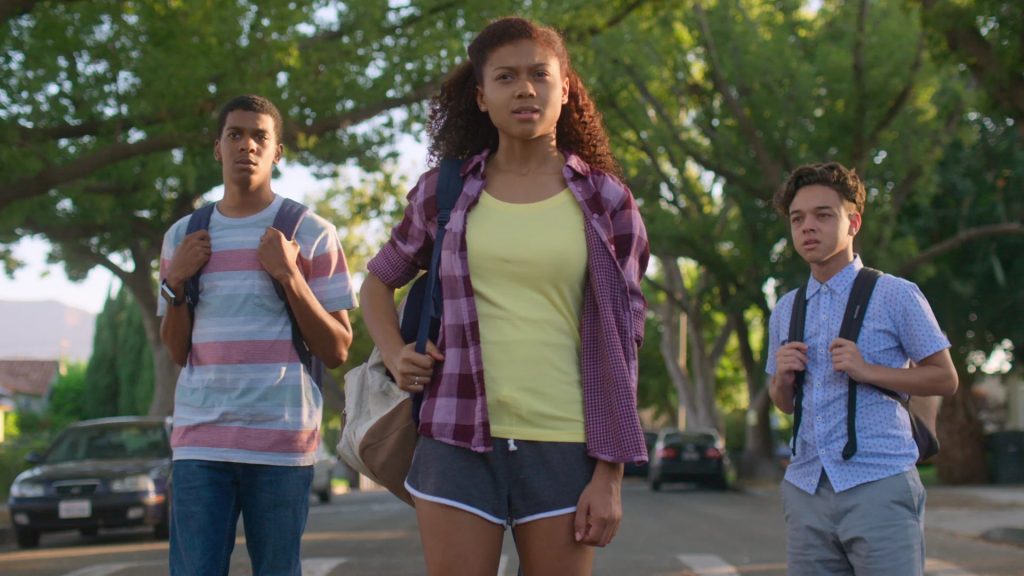
One of the critiques levied against On My Block is that it got support from the white powers that be at Netflix because it fits in with their preconceptions of what black and Latinx lives are like (eg. gang violence, etc.) and that’s a fair critique. With that said, I think the show managed to Trojan horse narratives that don’t fit into that preconception, like Jamal’s search for a lost treasure.
Donald Glover talked about that in his interview with The New Yorker when discussing his show Atlanta:
“I knew what FX wanted from me,” Glover said. “They were thinking it’d be me and Craig Robinson”—the “Hot Tub Time Machine” actor—“horse-tailing around, and it’ll be kind of like ‘Community,’ and it’ll be on for a long time. I was Trojan-horsing FX. If I told them what I really wanted to do, it wouldn’t have gotten made.”
“Trojan-horsing” is a term beloved among show creators, who believe that network executives want a dab of originality, but mostly for marketing purposes. When Jenji Kohan explained to NPR why she’d created the prison show “Orange Is the New Black” around the character of Piper, an attractive, upper-middle-class white woman, she said, “Piper was my Trojan horse. You’re not going to go into a network and sell a show on really fascinating tales of black women and Latina women and old women and criminals.”
The problem isn’t the Trojan horse, but when writers and creators believe that the Trojan horse is good enough. On My Block may be using the Trojan horse of a rough neighbourhood but they also insert in narratives and characters that actually feel authentic and real.
As funny as it sounds, I see myself in the lives of a bunch of fourteen-year-old kids and it’s pretty great.
